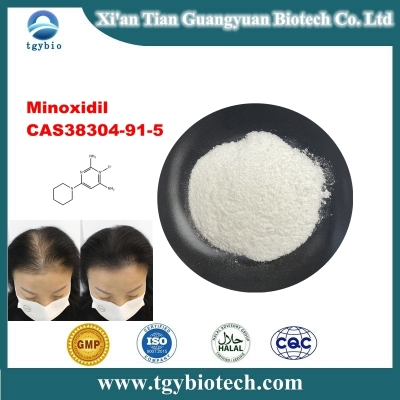-
Categories
-
Pharmaceutical Intermediates
-
Active Pharmaceutical Ingredients
-
Food Additives
- Industrial Coatings
- Agrochemicals
- Dyes and Pigments
- Surfactant
- Flavors and Fragrances
- Chemical Reagents
- Catalyst and Auxiliary
- Natural Products
- Inorganic Chemistry
-
Organic Chemistry
-
Biochemical Engineering
- Analytical Chemistry
-
Cosmetic Ingredient
- Water Treatment Chemical
-
Pharmaceutical Intermediates
Promotion
ECHEMI Mall
Wholesale
Weekly Price
Exhibition
News
-
Trade Service
Diltiazem hydrochloride is a calcium channel blocker medication used to treat hypertension, angina, and certain heart rhythms.
It works by relaxing the smooth muscle in the blood vessels, which allows blood to flow more easily and reduces the workload on the heart.
In the chemical industry, diltiazem hydrochloride is used as an intermediate in the production of other chemicals and drugs.
The production of diltiazem hydrochloride involves several steps, including synthesis, purification, and formulation.
The synthesis of diltiazem hydrochloride involves the reaction of dimethylallyl amine with chloride salt of diethyl acetoacetate in the presence of a solvent and a catalyst.
The resulting product is then purified through a series of chromatography steps to remove any impurities.
Once the diltiazem hydrochloride has been purified, it is formulated into the final product, which may be a tablet, capsule, or liquid.
The formulation process involves mixing the purified diltiazem hydrochloride with other ingredients such as binders, fillers, and coatings to create the final product.
The production of diltiazem hydrochloride requires a series of equipment, such as reactors, distillation columns, and chromatography columns.
These equipment are made of materials such as stainless steel and glass, which are resistant to corrosion and can withstand the harsh chemical conditions of the production process.
Diltiazem hydrochloride is a highly regulated substance and its production is subject to strict regulations.
The manufacturing process must comply with good manufacturing practices (GMP) guidelines and the facility must be inspected by regulatory authorities to ensure compliance with the standards.
In addition, the safety of diltiazem hydrochloride is of utmost importance and its production must be done in a safe and responsible manner.
The production process must be designed to minimize the risk of accidents, such as fires or explosions, and the facility must have proper safety procedures in place in case of an emergency.
Overall, the production of diltiazem hydrochloride is a complex process that requires a combination of chemical knowledge and technical expertise.
The final product must meet strict quality standards and must be produced in a safe and responsible manner.







